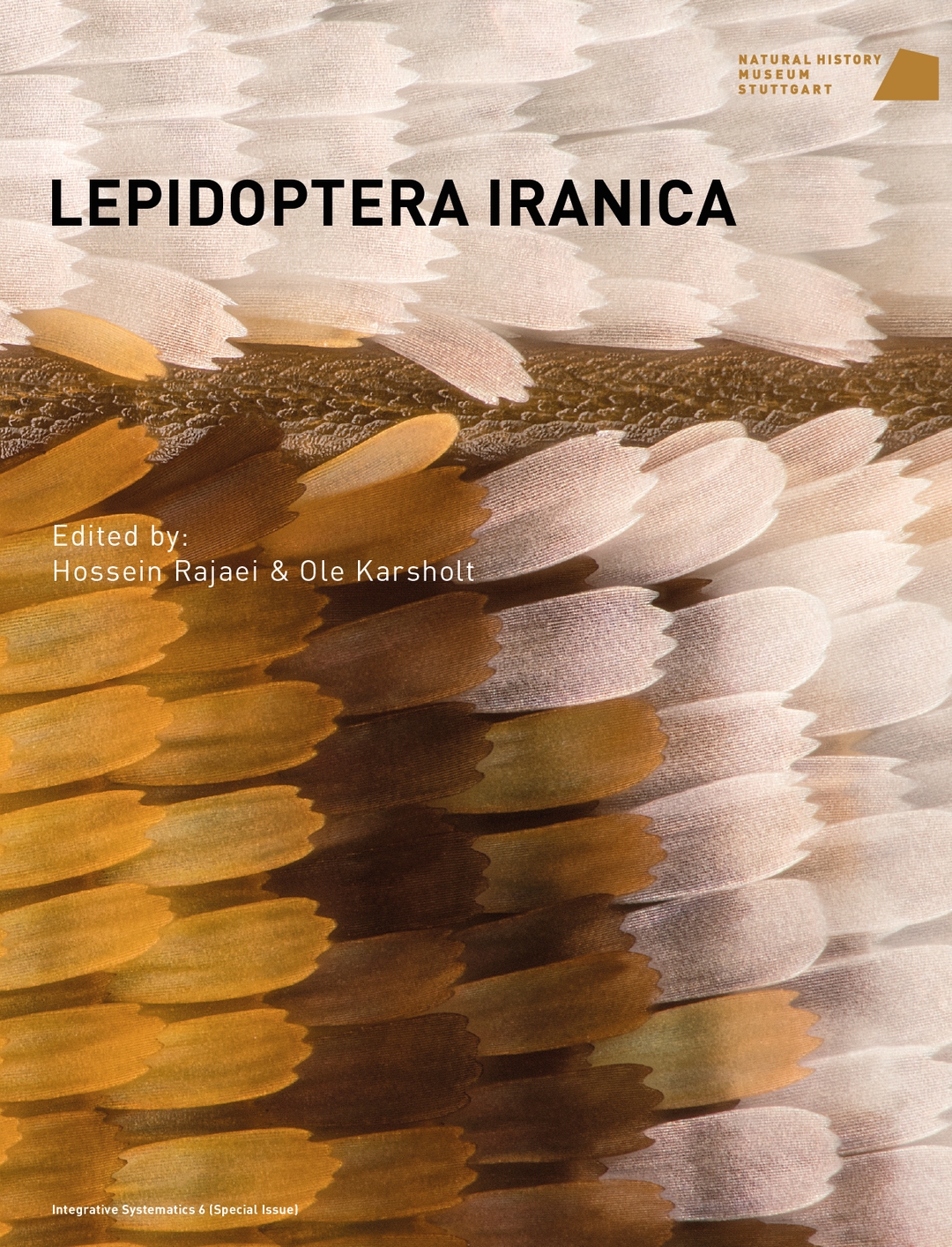The natural history journal Stuttgarter Beiträge zur Naturkunde (aus dem Staatlichen Museum für Naturkunde in Stuttgart) was founded in 1957, edited by Karl Wilhelm Harde, also the editor of the famous monographic series Die Käfer Mitteleuropas. Harde, who was curator of beetles and head of the entomology department at the Stuttgart State Museum of Natural History, stayed at the helm of the journal until 1980, with brief editorial help from Helmut Zwölfer in the early 1970s. In 1973, the journal became Stuttgarter Beiträge zur Naturkunde Serie A (Biologie), following the creation of sister-journal Stuttgarter Beiträge zur Naturkunde Serie B (Geologie und Paläontologie). Harde was succeeded as editor by Psocoptera specialist Wolfgang Seeger, who was replaced upon retirement in June 2003 by dipterist and Tachinidae specialist Hans-Peter Tschorsnig. Articles in the Stuttgarter Beiträge were published throughout the year as individual printed issues, ending with N. 708 in 2007. In 2008, the journal underwent a change in format from single reprints to yearly volumes printed in a larger format with the text in two columns. This change came with a slight adjustment of the name, to Stuttgarter Beiträge zur Naturkunde A (Neue Serie), and with the establishment of an editorial board of scientists from the Stuttgart Museum and other international institutions. After Tschorsnig’s retirement in 2017, the journal underwent another name change to the English Integrative Systematics (Stuttgart Contributions to Natural History). Under its current name, the journal was edited by Museum entomologists Lars Krogmann (2018), Arnold Staniczek (2019–2020), and Daniel Whitmore (2021–ongoing).
Since its foundation, the journal has had a strong tradition for publishing insect systematics research, influenced early on by the succession of entomologist editors and by the contributions of several productive Stuttgart-based entomologists such as Erwin Lindner, Willi Hennig, Dieter Schlee, Benno Herting, and Harde. Indeed, over eighty percent of the 253 articles published during the first fifteen years of the journal were on insects. A large proportion of these articles were on the order Diptera (true flies), with charismatic figures such as Lindner and Hennig paving the way for contributions by many of the leading dipterists of that time, such as Harold Oldroyd, Curtis Sabrosky, George Steyskal, Brian Stuckenberg, Louis Mesnil, Kenneth Spencer, Boris Rohdendorf, and Fritz Zumpt. Hennig himself, one of the most influential evolutionary biologists and the founder of phylogenetic systematics, published some thirty papers in the Stuttgarter Beiträge, including pioneering works on fossil insects preserved in amber. Oskar Sebald (botany) and Ernst Schüz (ornithology) also contributed several papers to the journal early on, as have Wolfgang Schawaller (Coleoptera), Helmut Schmalfuss (Isopoda), Tschorsnig, and Ronald Fricke (ichthyology) in more recent years.


